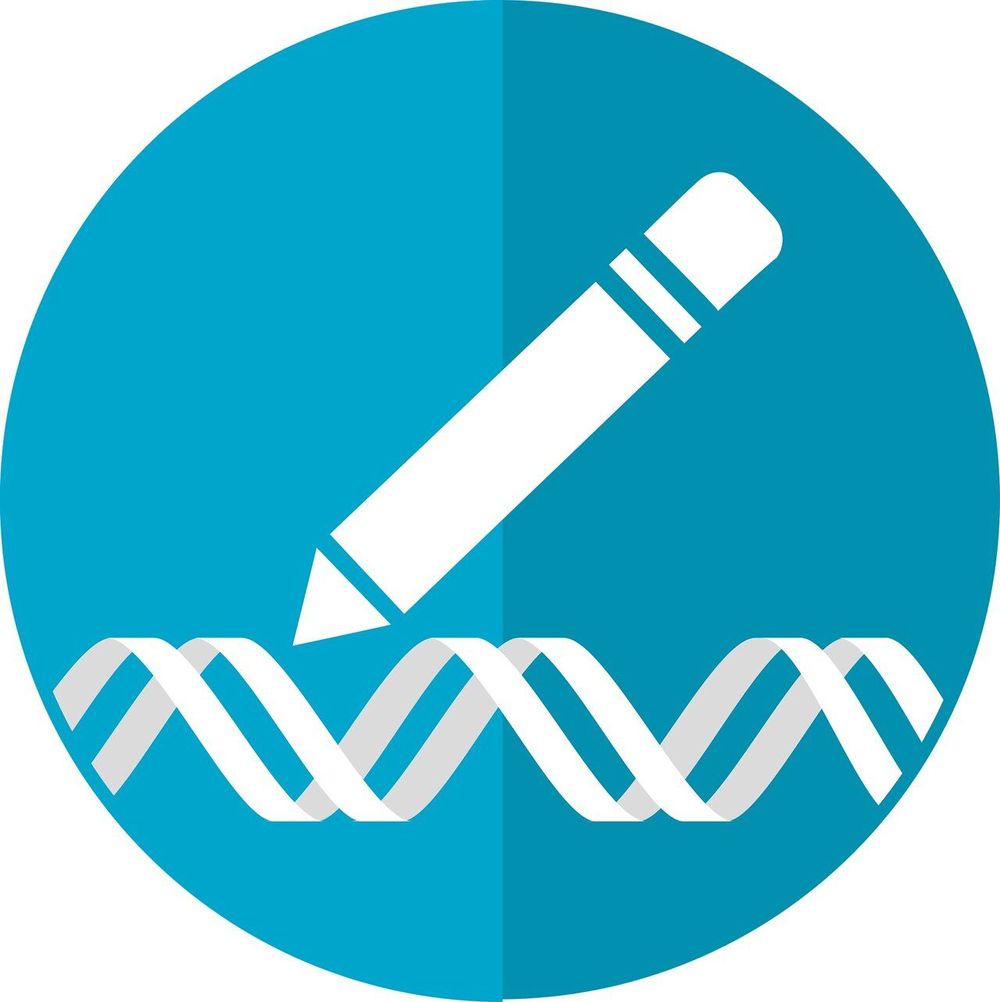Bacteria and the viruses that infect them are engaged in a molecular arms race as ancient as life itself. Evolution has equipped bacteria with an arsenal of immune enzymes, including CRISPR-Cas systems, that target and destroy viral DNA. But bacteria-killing viruses, also known as phages, have devised their own tools to help them outmaneuver even the most formidable of these bacterial defenses.
Now, scientists at UC San Francisco and UC San Diego have discovered a remarkable new strategy that some phages employ to avoid becoming the next casualty of these DNA-dicing enzymes: after they infect bacteria, these phages construct an impenetrable “safe room” inside of their host, which protects vulnerable phage DNA from antiviral enzymes. This compartment, which resembles a cell nucleus, is the most effective CRISPR shield ever discovered in viruses.
“In our experiments, these phages didn’t succumb to any of the DNA-targeting CRISPR systems they were challenged with. This is the first time that anyone has found phages that exhibit this level of pan-CRISPR resistance,” said Joseph Bondy-Denomy, Ph.D., assistant professor in the Department of Microbiology and Immunology at UCSF. Bondy-Denomy led the research team that made the discovery, which is detailed in a paper published Dec. 9, 2019 in the journal Nature.
